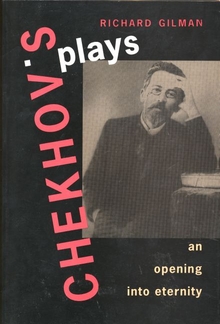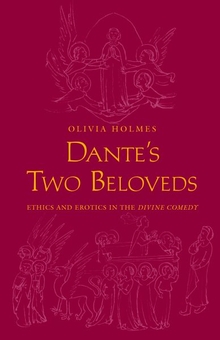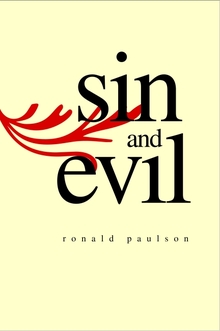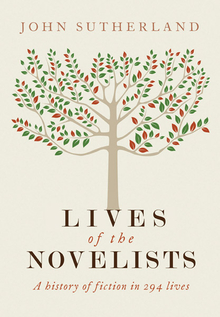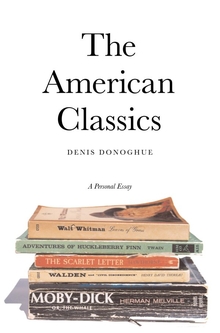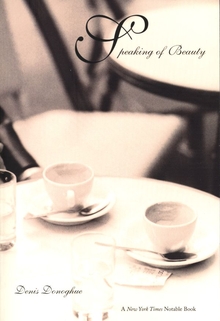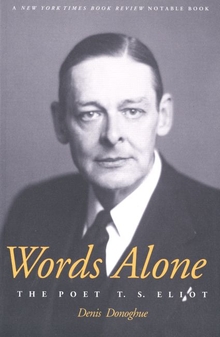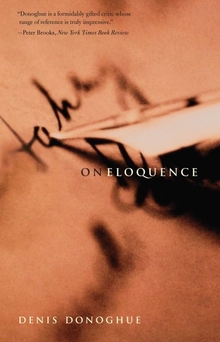The Practice of Reading
WARNING
You are viewing an older version of the Yalebooks website. Please visit out new website with more updated information and a better user experience: https://www.yalebooks.com
Denis Donoghue
Donoghue begins with a personal chapter about his own early experiences reading literature while he was living and teaching in Ireland. He then deals with issues of theory, focusing on the validity of different literary theories, on words and their performances, on the impingement of oral and written conditions of reading, and on such current forces as technology and computers that impinge on the very idea of reading. Finally he examines certain works of literature: Shakespeare’s Othello and Macbeth, Swift’s Gulliver's Travels, a passage from Wordsworth’s The Prelude, a chapter of Joyce’s Ulysses, Yeats’s "Leda and the Swan" and "Coole and Ballylee, 1931," and Cormac McCarthy’s Blood Meridian demonstrating what these texts have in common and how they must be differentiated through a sympathetic, imaginative, and informed reading.
A selection of Readers’ Subscription
"Denis Donoghue is a primary critic of our time, catholic in scope, unique in literary apprehension, crucially gratifying in the clear concinnity of his prose. The Practice of Reading enacts his latest defense of imagination, a defense at once forceful and fair, conducted not against but on behalf of our moment. The deep quality of attention in every essay—a scrupulousness of the ear, the eye, the mind, the heart—defines more than a critical stance: it amounts to an achieved vision of existence."—Ihab Hassan, Vilas Research Professor, University of Wisconsin
"Donoghue belongs to the small group of senior literary authorities who sustain our contemporary literary culture. This book gives an impressive new sense of his historical scope and flexibility of both taste and critical method."—Margery Sabin, Wellesley College
"Denis Donoghue has read widely and carefully, and he writes with a grace and clarity that have become increasingly rare in today’s literary discourse, debased as it has become by the deafening rant of resentment."—Anthony Hecht
“Donoghue writes with a grace and clarity that have become increasingly rare in today’s literary discourse.”—Anthony Hecht
"Donoghue is an urbane reader and elegant stylist. His interpretations will challenge and even entertain serious readers of all stripes."—Kirkus Reviews
“The book [contains] richly satisfying reflections on particular works. . . . Donoghue is an urbane reader and elegant stylist. His interpretations will challenge and even entertain serious readers of all stripes.”—Kirkus Reviews
"Many contemporary critics . . . assume that "close reading" was simply a way of describing the obvious features a text presents to any lightly informed reader. But what it really involved, and what Donoghue is especially good at, is bringing to the text a feel for the live, restless intelligence the artist brought to it. . . . He brings to the work his long-attested mastery of the entire history of literary theory, not only in the highly disciplined Wimsatt and Beardsley tradition, but also in the works of the great, offbeat, idiosyncratic intellectuals like Burke and Blackmur."—John Burt, Professor of English at Brandeis, Chair of jury for Robert Penn Warren/Cleanth Brooks Award
"In this far-ranging study, Donoghue first provides a lucid overview of a considerable body of modern critical theory and interpretation and then, in part 2, goes on to apply some such theory to the works of seven authors ranging from Shakespeare to Cormac McCarthy. . . . Lively, intellectually challenging, and infinitely readable, the book is well documented and has a comprehensive index. "—Choice
“Few people are more qualified to write about how readers ought to read than Denis Donoghue…he is a critic of major proportions…[A] splendid book.”—Roger Harris, Newark Star Ledger
“[The book contains] patient interpretations—clear, meticulous, savvy—of the prose of James Joyce (a chapter in Ulysses) and Shakesphere's Othello.…once again, Donoghue says with such graceful sanity what needs to be said.”—Bill Marx, Boston Globe
“An extremely useful if at times melancholy contribution to English letters at the end of this century.”—William Pritchard, Washington Times
“Donoghue reminds all of us, professional and common reader alike, that the pleasures of classic literature are available to anyone who will give it the patient, disinterested attention such works.”—Stanford Pinsker, Philadelphia Inquirer
“Donoghue, Ireland’s gift to modern literary studies, opens his latest book of essays with a brief intellectual autobiography, followed by speculations about the nature of reading and practical criticism of works as various as Othello and Cormac McCarthy’s Homeric spaghetti western, Blood Meridian.”—Michael Dirda, Washington Post
"Donoghue’s writing is as interesting and as pointed about Othello as about Blood Meridian, and he brings a shrewd sensibility and sharp to every text he reads. This breadth of interest in something Donoghue shares with Warren. He also has Warren’s shrewd eye for the telling detail and the nuanced complexity of tone."—One of the judges for the Robert Penn Warren award
“Few people are more qualified to write about how readers ought to read than Denis Donoghue…he is a critic of major proportions…[A] splendid book.”—Roger Harris, Newark Star Ledger
"Divided equally between theoretical polemic and practical criticism, The Practice of Reading offers on one hand a passionate, eloquent, and sometimes elegiac defense of civilized letters. On the other it presents a selection of elegant essays in criticism, focusing on authors as diverse as Swift, Wordsworth, Shakespeare, and Cormac McCarthy. . . . No living critic writes with greater precision, subtlety, and lucidity--or, if the occasion warrants it, with greater force. . . . The Practice of Reading deserves to be read, closely and patiently, by anyone concerned with the fate of letters."—Ben Howard, Sewanee Review
"A collection of fifteen essays that are scholarly and readable, erudite and accessible. . . . This [book] is a carefully reasoned, civil examination of reading—how to read and how not to read. . . . To practice reading the way Donoghue proposes is to make it easier and, ultimately, a liberating and transforming experience."—Marjorie Smelstor, Magill’s Literary Annual 1999
“The Practice of Reading offers discerning criticism of the heavily politicized theories that dominate modern scholarship, but what makes the book worth reading again and again is Donoghue’s critical essays. . . . Should be read by university professors. But the undergraduate eager to major in the humanities will doubtless profit from Donoghue’s commentary as well.”—Brian Hanley, Southern Humanities Review
"The Practice of Reading more often than not proves provocative, urbanely argued, helpfully corrective of current truisms, and demonstrative of the fact that formalism needn’t be either a dull drive down a dead-end street in a conservative neighborhood or a trip away from the world beyond the word."—Brooke Horvath, Review of Contemporary Fiction
“Denis Donoghue is an advocate of slow reading, and as an author he induces it; his essays are reflective, observant, deliberate, the sort of careful writing meant to make the reader think.”—William Pratt, World Literature Today
"The Practice of Reading is the best of all [Donoghue’s] collections. It is so not only by virtue of its unfailing provision of relevant information but because it is probably of all his work the most timely. The opening six chapters give one hope of a return to rigor and sanity in the mere business of reading literature; his quarrel with the blinkered ideologists seems as successful as it is well-mannered. Among the later chapters the essay on Yeats and politics has exceptional importance, but all are of high quality, and the book deserves a wide and admiring readership."—Sir Frank Kermode, formerly King Edward VII Professor at Cambridge.
“The Practice of Reading is the best of all Donoghue's books. It is so not only by virtue of its unfailing provision of relevant information but because it is probably of all his work the most timely.”—Frank Kermode
Publication Date: March 11, 2000


